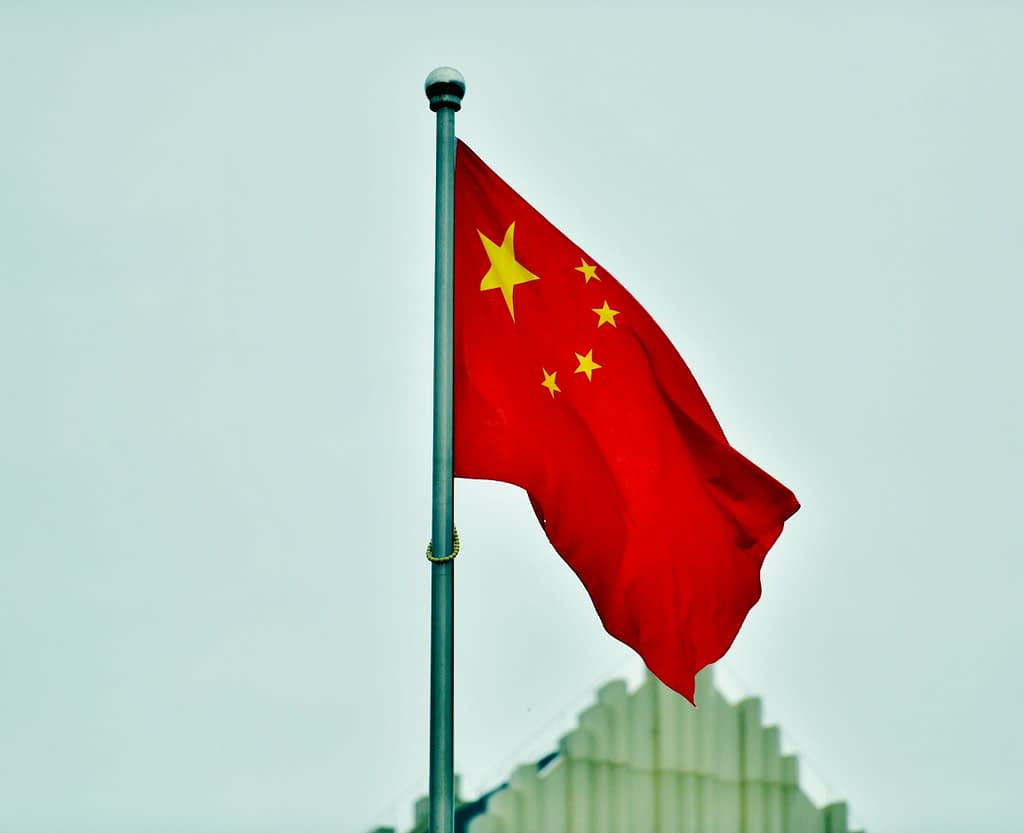China has firmly pledged to retaliate against Donald Trump’s latest tariff threat and intensified efforts to support its markets, significantly increasing the risk of a prolonged trade war between the world’s two largest economies.
“The US threat to escalate tariffs on China is a mistake on top of a mistake,” China’s Ministry of Commerce responded in a Tuesday statement. “If the US insists on its own way, China will fight to the end.” This uncompromising response followed hours after Trump threatened to impose additional 50% import tariffs on Chinese goods unless Beijing withdraws its retaliatory response to his earlier tariff measures.
Escalation with No Sign of Retreat
The straightforward reaction suggests that Beijing has no intention of yielding to the pressure campaign of the American president, fundamentally diminishing the prospects for an early agreement. “The rhetoric from China is strong,” notes Michelle Lam, economist for Greater China at Societe Generale SA. “Without Trump backing down, investors must prepare for trade decoupling between both countries.”
Chinese authorities are strongly signaling their determination to support domestic markets. The central bank has loosened its control over the yuan to enhance export competitiveness, while a group of state-linked funds known as the “national team” has been massively purchasing assets. The government has also promised loans to stabilize the market and is reportedly considering accelerating certain stimulus measures.
Key Impacts and Market Reactions:
- The yuan fell to its weakest level since September 2023 in onshore trading
- The Hang Seng China Enterprises Index jumped by up to 3.7% following previous massive losses
- Trump’s new measures would add to the already announced 34% and 20% tariffs, bringing the total rate to 104%
- The “national team” investment funds recorded a record inflow of 42 billion yuan ($5.7 billion)
- China’s central bank is signaling greater tolerance for yuan weakening as a counterbalance to tariffs
Xi Jinping has promised to strengthen domestic consumption, as tariffs are likely to harm exports, which were responsible for a third of China’s economic growth last year. The official party newspaper published an editorial this week declaring that Beijing no longer “clings to illusions” about reaching an agreement.
“The marginal effect of further increasing tariffs from the existing level of approximately 65% will diminish,” comments Ding Shuang, chief economist for Greater China and North Asia at Standard Chartered. “Most Chinese exports to the US have already been affected. For goods that are not price sensitive, tariffs won’t work regardless of how high they go.”




